Exploring CAR T-cell therapy as a treatment for Autoimmune Diseases
In autoimmune diseases, the body’s immune system mistakenly attacks its own healthy tissues.

A key player in this process is the B cell—a type of white blood cell that normally helps fight infections.
CAR T-cell therapy is designed to treat autoimmune diseases by targeting and eliminating these malfunctioning B cells.
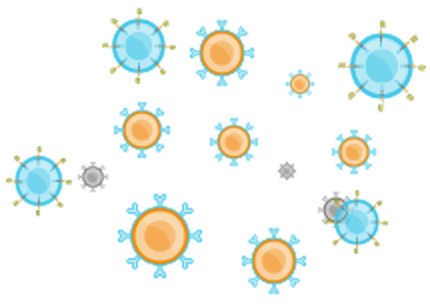
After treatment, the body naturally regenerates new B cells. The hope is these new B cells will be healthy and provide the immune system with a fresh start.
Rebalancing the immune system offers exciting potential for long-term remission in patients living with autoimmune diseases.

Our Indications
Systemic Lupus Erythematosus (SLE)
Systemic Sclerosis (SSC)
Anca-Associated Vasculitis (AAV)
Idiopathic Inflammatory Myositis (IIM)
Systemic Lupus Erythematosus (SLE or lupus) is a chronic autoimmune disease where the immune system attacks healthy tissues, causing inflammation and damage to areas like the skin, joints, kidneys, and other organs. It’s a complex, unpredictable condition marked by flare-ups and periods of remission. Symptoms vary widely but often include fatigue, joint pain, rashes, fever, mouth ulcers, hair loss, and organ involvement.
Skin
Inflammation and damage can occur in the skin

Joints
Inflammation and damage can occur in the joints

Kidneys
Inflammation and damage can occur in the kidneys
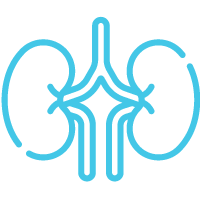
Other Organs
Inflammation and damage can occur in other organs as well
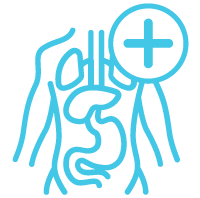
Systemic Sclerosis (SSc), or scleroderma, is a chronic autoimmune disease where the immune system attacks healthy tissue, causing inflammation and excessive collagen production. This leads to hardening of the skin, blood vessels, and internal organs, with symptoms and complications varying depending on the organs affected.
Hardening of the skin
The immune system attacking healthy tissue can lead to hardening of the skin

Hardening of the Blood vessels
The immune system attacking healthy tissue can lead to hardening of the blood vessels

Hardening of the Internal organs
The immune system attacking healthy tissue can lead to hardening of internal organs

ANCA-Associated Vasculitis (AAV) is a group of autoimmune diseases causing inflammation of small to medium blood vessels, leading to organ damage in the kidneys, lungs, skin, eyes, and nervous system. The three main types are:
GPA
Involves granulomas and commonly affects the kidneys, lungs, and upper airways.

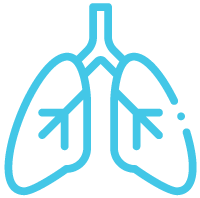

MPA
Similar to GPA but without granulomas, often with more severe kidney involvement.

EGPA
Features granulomas and high eosinophil levels, typically impacting the lungs and sinuses.


Idiopathic Inflammatory Myositis (IIM), or myositis, is a group of chronic autoimmune diseases causing muscle inflammation and weakness. The immune system attacks muscles, blood vessels, and organs. Main types include:
Dermatomyositis (DM)
Muscle weakness with a skin rash

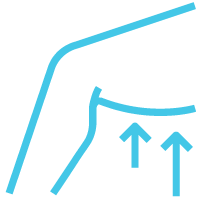

IMNM
Rapid muscle cell damage causing severe weakness


ASyS
Myositis with lung disease, joint pain, fever, Raynaud’s, and "mechanic’s hands"



IBM
Progressive weakness in hands, forearms, and thighs, mainly in people over 50



For additional information about Lupus visit the Lupus Foundation of America
